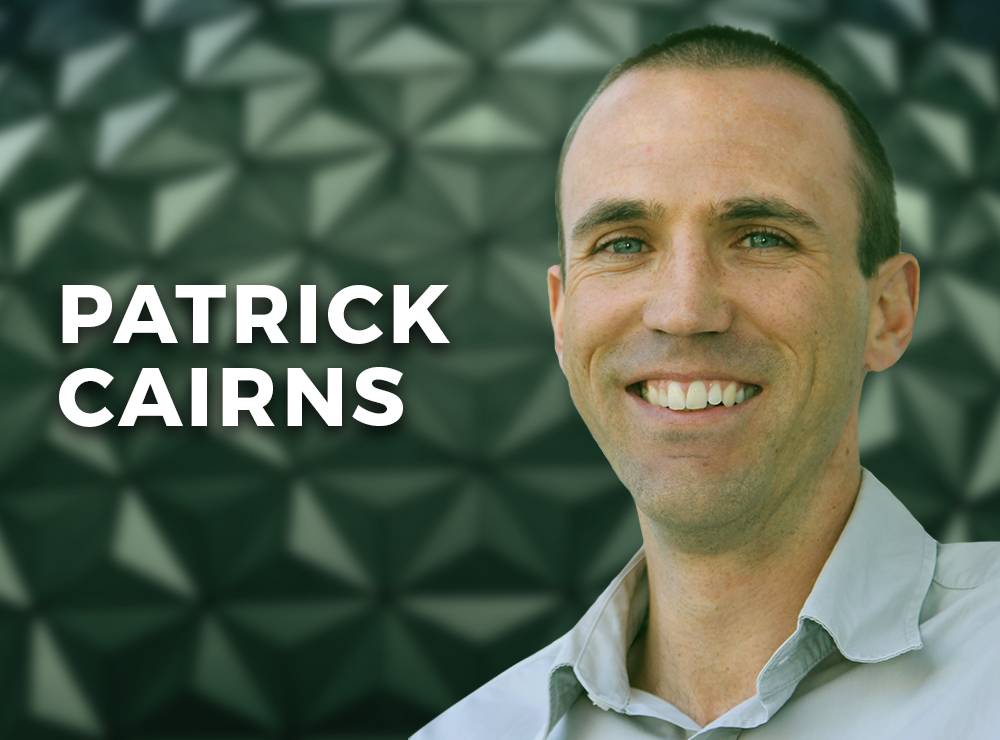
By PATRICK CAIRNS
Most people recognise the need to have regular medical check-ups. And, as we go through life, what we need from them changes.
As babies, we need special development health checks. And as we age, we require regular screenings for things like cancer or heart conditions.
Recently, the European think tank New Financial proposed that this practice of having our physical health monitored could be a model for what it called “financial health checks”.
“These financial health checks borrow from the established practice of physical health checks, which are used in many countries to help spot or prevent illness at an early stage and encourage people to take some simple steps and develop good habits to improve their health,” New Financial wrote. “They also borrow from the world of behavioural economics and the concept of ‘nudges’ that incentivise and encourage people to do something in their interest (and in the interest of wider society) without telling or forcing them to do so.”
The big moments
The idea is a simple one: our adult lives inevitably involve a number of significant moments. These are points at which we are making decisions or changes that will have a lasting impact.
An obvious example is getting married. It is a decision that, at the time, can seem easy to make when you’re in love. But there are all sorts of practical ramifications — including financially — that can have life-altering consequences down the line.
“Every one of these big moments involves big decisions with big and often long-term financial implications for individuals and their families,” New Financial noted. “Somehow, we are expected to know how to make the right decisions at the right time about confusing and complicated issues (often full of jargon) as we go along — with no formal training and no clear source of simple and impartial information and guidance. It’s often hard to feel that we are taking control of our money rather than being controlled by it.”
The think tank’s suggested remedy is based on how many of these moments present an opportunity for a “check-up”, which could point you in the direction of making better decisions.
“Taking the right decision at the right time — with a little bit of help — can lead to far better outcomes in the long term. Better financial well-being. More financial resilience. Less worry. Better mental and physical health. Taking the wrong decision — or more often, not taking a decision at all — can have profound consequences that might only become clear when it is too late to do anything about it.”
The nudge
New Financial’s idea is that you should be able to help people make better financial decisions by giving them a little nudge at the important moments of their lives. This would come from trusted, impartial sources like schools, universities or employers.
This proposal for regular financial health checks is a grand idea, which requires governments and regulators to get involved. However, the principle is also one that individuals can take to heart.
Often we don’t even consider the financial consequences of the choices we make, or even don’t make, at important moments. If we do, we may only consider the best outcomes, and neglect to think of worst-case scenarios.
That’s the value of having a trusted professional assess where you are and to help you plan for the future.
Just as you probably don’t know what state your teeth are actually in until you visit the dentist, you might find that you don’t truly appreciate the fullness of your financial position until you check in with a financial adviser.
As New Financial noted about its proposal for a system of regular financial health checks: “they would nudge you to think about how to ask the right questions about your money and to consider your options — and provide you with just enough information at just the right time to help you think them through.”
And the benefits, New Financial believes, would be far-reaching:
“Financial health checks would lead to higher levels of financial wellbeing and resilience, better financial literacy, more trust in the financial services industry, and higher levels of participation in financial services. More citizens would feel more in control of their money.”
One of South Africa’s most respected financial journalists, PATRICK CAIRNS is a trusted commentator on the world of investments and the quirks of behavioural finance. Over more than a decade he has built a reputation for keeping the industry honest, and putting the interests of investors first.
Here are some more articles by Patrick Cairns:
Mutual funds: The less you understand, the more you pay
Three steps to breaking the money shame spiral
Three reasons not to wait to talk to your kids about money
FIND AN ADVISER
Investors are far more likely to achieve their goals if they use a financial adviser. But really good advisers with an evidence-based investment philosophy are sadly in the minority.
If you would like us to put you in touch with one in your area, just click here and send us your email address, and we’ll see if we can help.
© The Evidence-Based Investor MMXXII









